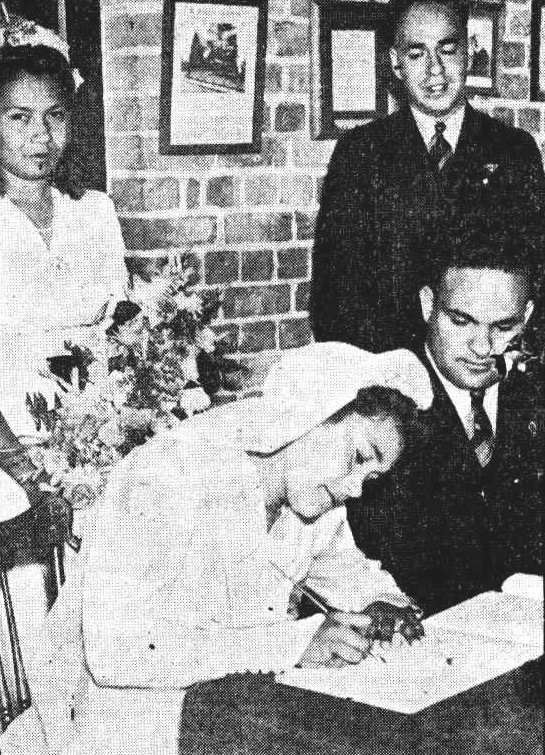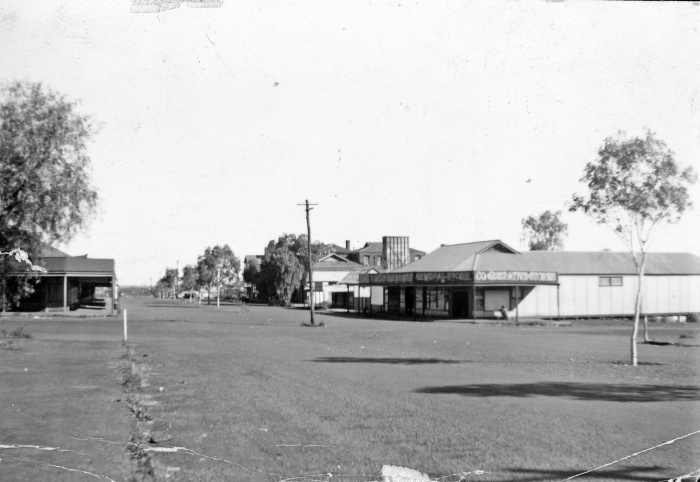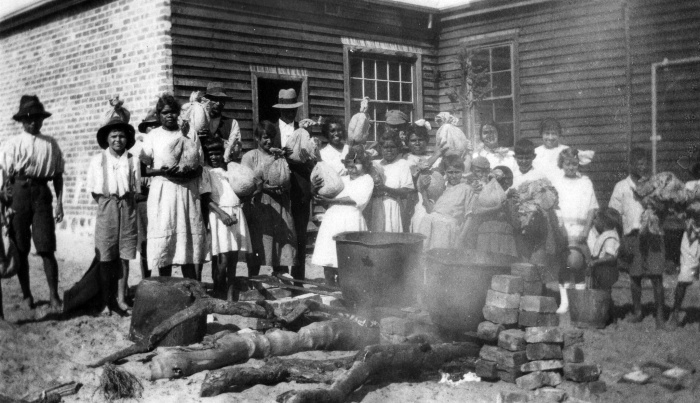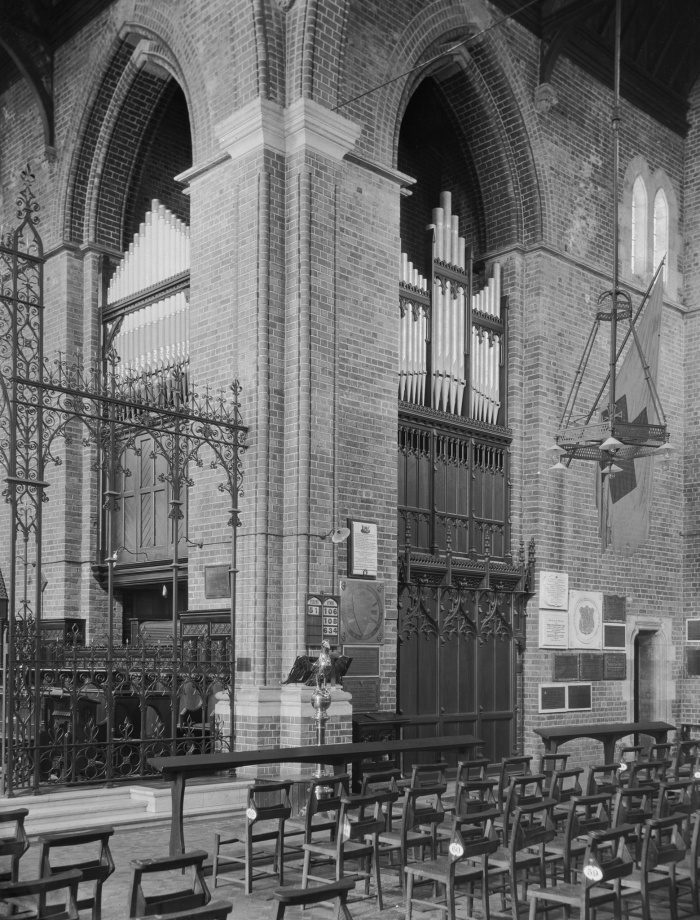This story is based on an interview with Myrtle Brennan in 1991.
It is by sharing these stories and images from our collection, we hope to initiate meaningful and respectful relationships. By acknowledging the truths of our past, we hope to heal together.
Aboriginal and Torres Strait Islander viewers are advised that this post may contain images of deceased persons. Readers are warned that this post references Moore River Settlement and events that can hold trauma.
I was born on the first of August, 1927, in Darlow, other side of Leonora. It’s an old prospecting town.
My dad gave me a name, Nugget or something, but I didn’t ever like that name (laughs). My name is Myrtle.
My mother was an Aboriginal woman and my Dad was an Irishman. He was prospecting and mining and sandalwooding. Sometimes he worked on stations, and my mother lived with him.
When I was born, I was carried around in a suitcase. They were afraid of losing me. In those days, they used to take away Aboriginal kids and send them to Moore River. The suitcase was the only way they could hide me. They had a little hole in the suitcase so that I wouldn’t get smothered, and they carried me round till they couldn’t anymore. After that, they hid me in the bush.
Growing up, we lived around Yandal Station working or prospecting there. We had camps built wherever we went. We had these sheets of iron my dad used to cart around with him.
When we were caught, we was at a place called Poke’s Find – my dad was prospecting there – and Mum and I were just coming back from hunting. We was just going to run, but the police said ‘Stop or I’ll shoot!”.
I was still pulling my mother, I wanted to keep going whether we got shot or not. But she pulled me back and then we was taken to Wiluna. They put my father in jail there.
They put him in jail because he was living with an Aboriginal woman and had a child with her. It wasn’t allowed at that time. And we got sent to Moore River.
My father was really upset. We were talkin’ to him while he was in jail there. I don’t know how much he got, how many months or whatever (sighs). I didn’t see my father again until 1945.
A policeman got on the train with us from Wiluna and we went to Geraldton and straight through to Perth there. It was all new to me because I was always hidden in the bush. I didn’t know what a train was. I saw my first silent film in Wiluna – it was Charlie Chaplin.
Anyway, we went to Perth and stopped at Bennett House in East Perth. That was the place there where the Aboriginal people used to stop before they go up to Moore River. After a week, or maybe a fortnight – I can’t recollect now – we went to Moore River. I didn’t like the place the second I went there. It was too many people and it wasn’t a place you could live in, I thought.
My mum got sent to the women’s ward where they were all given jobs like kitchen hand, kitchen maids, waiting on tables, cleaning the kitchen. But we had a yearning for home.
We used to run away. We got as far as New Norcia once. But after a while they found us, and we were taken back to Moore River. After we had run away two or three times, they sent my mother out to work. She used to work ‘round Northam, doing housework and all that, on the farms. She’d come and spend time with me on her holidays.
At Moore River, us kids really took to Teacher Perrot and Sister Eileen. I think they sort of helped us along in life somehow, and gave us something to live for. I used to be one of Sister Eileen’s choir girls. Every year we used to go to Perth and put on a concert to raise money for toys and things like that. We used to put on little Christmas plays. I was always the angel Gabriel (laughs). Every year.
People were hungry, though. That’s what killed most people in Moore River. Starvation. They only sent up enough food to keep us alive. Or if you get sick, there was no medicine.
I left to go out and work when I was about fourteen or fifteen. I went to Merredin first, worked on a farm there.
Then I went to Perth and I got another job in Bridgetown, out on an orchard farm. I used to do housework there and look after the children. They were a little bit hard to handle (laughs).
From there I went to Perth for a holiday and I met up with Jim, my husband when he just came back from the War.
We got married at St George’s Cathedral in Perth. Had over five hundred people there. There was people lookin’ out those buildings outside. You could see the heads everywhere and I was like this (shaking). Very nervous. It was the first time for white people to witness a coloured person havin’ a wedding like that. Most of the people were newspaper mob who surrounded us. In the paper, they said it was the first time Aboriginal people been married in a cathedral.
My memories of Moore River…it’s not a happy childhood, really. We always yearned for home and our parents.
But we have plenty of friends from there. We all grew up together there, whether you were a sou’wester or a nor’wester. If you see someone from there that you haven’t seen for a long time, you have a good talk and yarn about different things.
Listen to the full interview with Myrtle as part of the State Library's Oral History Collection.



